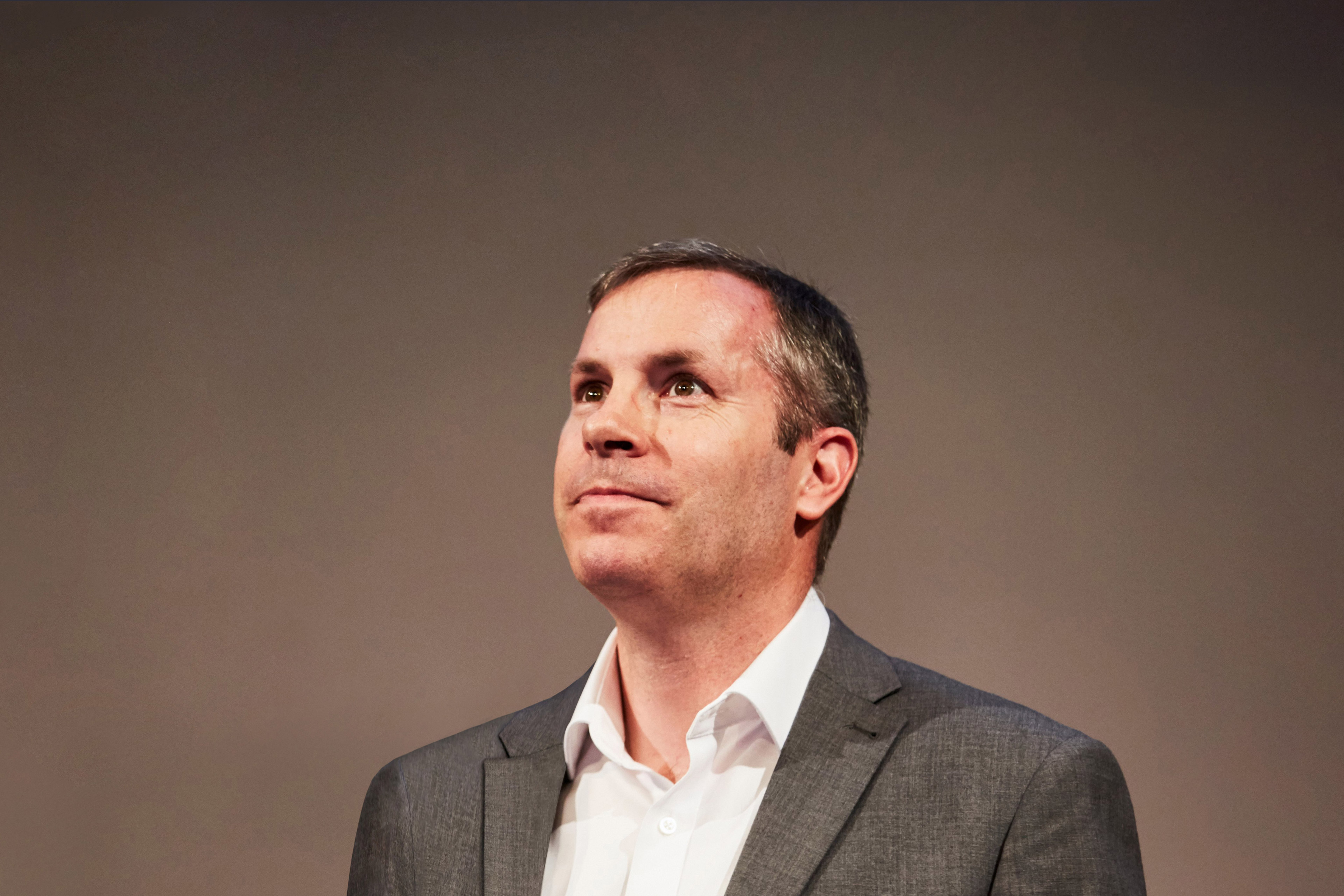EY refers to the global organization, and may refer to one or more, of the member firms of Ernst & Young Global Limited, each of which is a separate legal entity. Ernst & Young Global Limited, a UK company limited by guarantee, does not provide services to clients.
How EY can help
-
Discover how EY's technology transformation team can help your business fully align technology to your overall purpose and business objectives.
Read more -
Our Strategy Consulting teams help CEOs achieve maximum value for stakeholders by designing strategies that improve profitability and long-term value.
Read more -
Our Consulting approach to the adoption of AI and intelligent automation is human-centered, pragmatic, outcomes-focused and ethical.
Read more -
Discover how EY's analytics consulting services can help you apply analytics throughout your organization to help grow, protect and optimize your business.
Read more
The basic mathematical framework for quantum mechanics — the behaviour of tiny particles of matter — was originally developed in the early part of the 20th century by Niels Bohr, Werner Heisenberg, Erwin Schrödinger and Paul Dirac, amongst others.1,2,3,4 Now, 100 years later, the EY Quantum Readiness Survey 2022 (PDF) investigates how UK organisations are beginning to explore a fundamentally different type of computer, capable of exploiting these remarkable physical properties to tackle problems that would otherwise remain intractable.
It is time for business leaders to begin planning for this new era of quantum computing. Although a commercially viable, fault-tolerant and fully error-corrected quantum computer is yet to be built, the power of quantum computers is increasing rapidly. In addition, public and private investment is growing quickly. New technology start-ups are being created every year and higher-education institutions have begun to answer the call for more quantum talent. Already, organisations have access, via the cloud, to quantum computers that allow them to start to develop solutions for challenges that will never be fully solved using classical computers — in areas, such as optimisation, search and materials discovery.
If current trends persist, quantum computing is likely to cause disruption sooner than many people think. For some organisations, this will create enormous opportunities. For others, considerable risks. Whether a business thrives or fails in the coming years will depend, we believe, on its overall readiness as determined by an array of commercial and technology-related factors, which we have measured through a combination of quantitative and qualitative research in this survey.
Our data shows that, in the UK, nearly all (97%) of the 501 executives we surveyed expect quantum computing to disrupt their sectors to a high or moderate extent. Nearly half (48%) believe that quantum computing will reach sufficient maturity to play a significant role in the activities of most companies in their respective sectors by 2025. Yet, no more than one-third (33%) of the organisations have already begun strategic planning to prepare for the technology’s commercialisation. Furthermore, only 24% have set up pilot teams to explore its potential, or are currently working to do so.
Given that quantum computing is emerging at different rates in different sectors, it is, perhaps, unsurprising that there is such a patchwork of maturity levels in the UK. The practitioners we consulted predict different rates of commercial maturation, but none doubts its potential impact. “Start preparing” now is their message.











